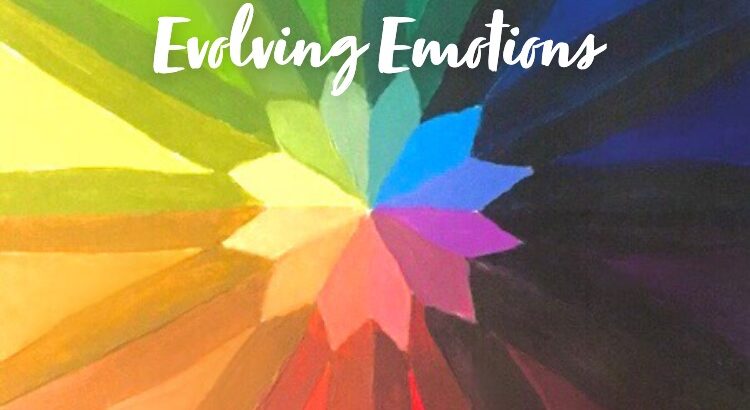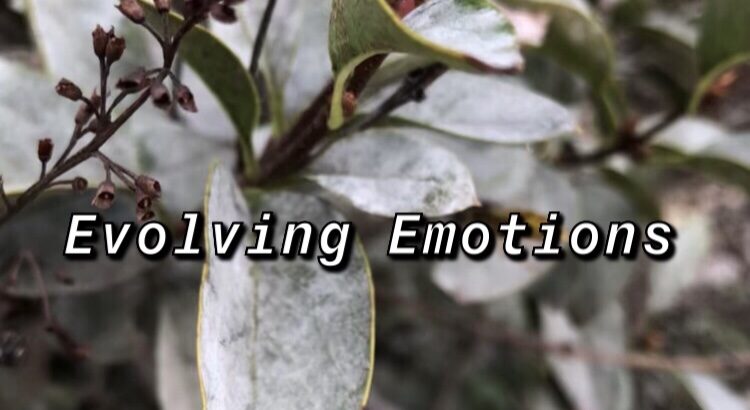Six Twenty-Five
Hospital chatter comprised of hushed whispers
A cacophony of voices
And low sighs
Six twenty-two
A cart’s wheels squeaking through the halls
Maddening in its movement
Never ceasing
Six twenty-three
Machines whirring on the hour
The PA system’s jargon tumbles into the void
The clock ticks methodically
Six twenty-four
A girl watches
She smiles where shy lay
Extended by
Wires and cords
An IV drains her
But the creases beneath her eyes
The folded lines circling her mouth
Refuse to quit
She smiles triumphantly
Whether it is old wisdom written in her genes
Or young innocence that drives her face
Is unimportant
She smiles despite it all
Her body decays
With fatigue that makes the bones melt
Pain that drives pleading
She smiles
It’s unnatural
And odd
A peculiar display
In such a place
The human will
Falls apart
And yet finds contentment
Her pale eyes gaze at blank white walls
Her ears absorb the speech in the halls
She looks inward
To starry sky camping trips
And family movie nights
To swimming pool laps with rounds of Marco Pollo
The times when things were beautiful
Her parents will be here soon
Her brother and sister too
She smiles at the thought of six twenty-five
Almost to the parking lot
And through the revolving doors
They will be here
Beside her
To reminisce and laugh
About what once was
And could still be
Despite it all,
She smiles
Bright and bold
Because things have been beautiful
And will again
At six twenty-five






